Many thousands, or even millions, of people worldwide have or plan to have their ears pierced. Ear piercing is common to both men and women, and for the most part no harm comes to those who undergo the process. However, aftercare of a pierced ear should not be taken lightly, as some problems have been known to occur. Make sure that you get your ear pierced by a professional. This article will look at ways that infections related to ear piercing are caused and treated.
Symptoms
Most of the people who do get their ear pierced will not suffer any problems. Remember that when you do get your ears pierced, the ear will need about six to eight weeks to recover from the process. It is quite normal for the ear to be slightly red or swollen after piercing. However, if this swelling or redness lasts a long time or does not decrease after a certain period of time, it might be possible that an infection has occurred. Symptoms of infection include burning sensations, redness, pain, inflammation and discharge. Consult a doctor if you notice these symptoms.
Causes
Sometimes, getting one's ear pierced by an under-qualified, inexperienced or even amateur piercer can lead to problems. Piercers such as this might have a lack of knowledge of the appropriate safety measures to take during the piercing procedure. It is possible that unsterilized instruments might have been used during the piercing, which can lead to infection. Unqualified or inexperienced piercers might also be unable to provide you with proper information as to the appropriate aftercare required. Those who are not well-versed in the processes or aftercare precautions will of course be more vulnerable to infections and other related problems. Apart from all this, the cause might be as simple as an allergic reaction that has occurred at the site of the piercing.
Treatment
In order to prevent an allergic reaction from occurring, it might be advisable to ensure that the earring you intend to have inserted is appropriate for your skin. Earrings made from twenty-four carat gold or silver are generally safer options. Since lack of hygiene is normally responsible for infection, make sure to clean the piercing daily. It might be advisable to use anti-bacterial soap in the cleaning. Do not touch the piercing unless your hands are sufficiently clean. If necessary, use a sanitizer to ensure the cleanliness of your hands. Earrings should only be changed once the original piercing has healed.


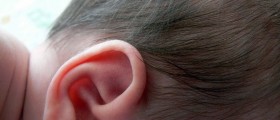
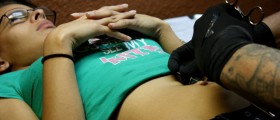
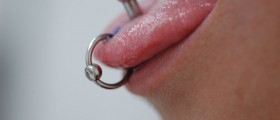


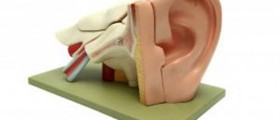

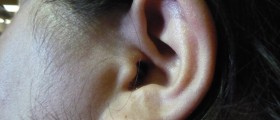
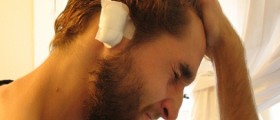
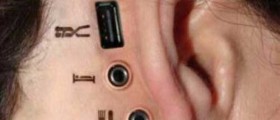




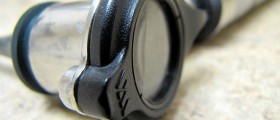
Your thoughts on this
Loading...